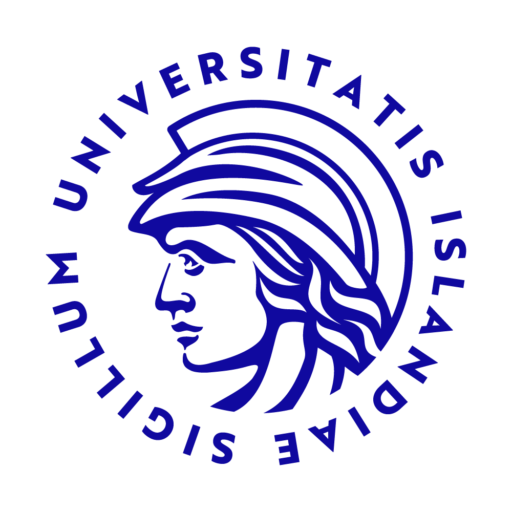Main author: Petra Gaul-Aláčová
Institution or Company: Department of Clinical Rehabilitation, Faculty of Health Sciences, Palacký University Olomouc, Olomouc, Czech Republic
Co-Authors, Institution or Company:
Barbora Kolářová, Department of Clinical Rehabilitation, Faculty of Health Sciences, Palacký University Olomouc; University Hospital, Olomouc, Czech Republic. Petr Konečný, Department of Clinical Rehabilitation, Faculty of Health Sciences, Palacký University Olomouc, Olomouc, Czech Republic. Dagmar Tečová, Department of Clinical Rehabilitation, Faculty of Health Sciences, Palacký University Olomouc, Olomouc, Czech Republic.
Introduction: One of the most broadly used assessment tools for the evaluation of sensitive and motor deficit in subacute and chronic post-stroke patients is the Fugl-Meyer Motor Assessment (FMA). Because of its high validity and reliability, we have decided to make this tool available to clinical practitioners in the Czech Republic. The aim of the project was to obtain a fully valid and cross-culturally validated version of the original FMA that is currently available in seven languages.
Method: The original assessment protocol has been translated according to the standardised guidelines. Multi-level translation and backward translation was performed with conceptual, semantic and operational corrections. The entire process was consulted with the primary institution – University of Gothenburg, Gothenburg, Sweden, which administers and supervises the FMA. The final translation was subsequently tested by a pilot study on actual post-stroke patients to reveal any possible discrepancies in all the evaluating steps. This process has raised possible issues that could affect the assessment on multiple levels – scoring, understanding, interpretation and cultural application.
Results: Statistical data show the high relevance of the Czech translation for the assessment of acute and chronic stroke patients in the evaluation of sensory and motor deficits.
Conclusion: Considering the research in the field, the FMA will be a very valuable tool not only for the assessment and evaluation of stroke patients, but also for facilitating a global approach to the research and treatment of these patients throughout the world.
Project was funded by IGA_FZV_2020_006

